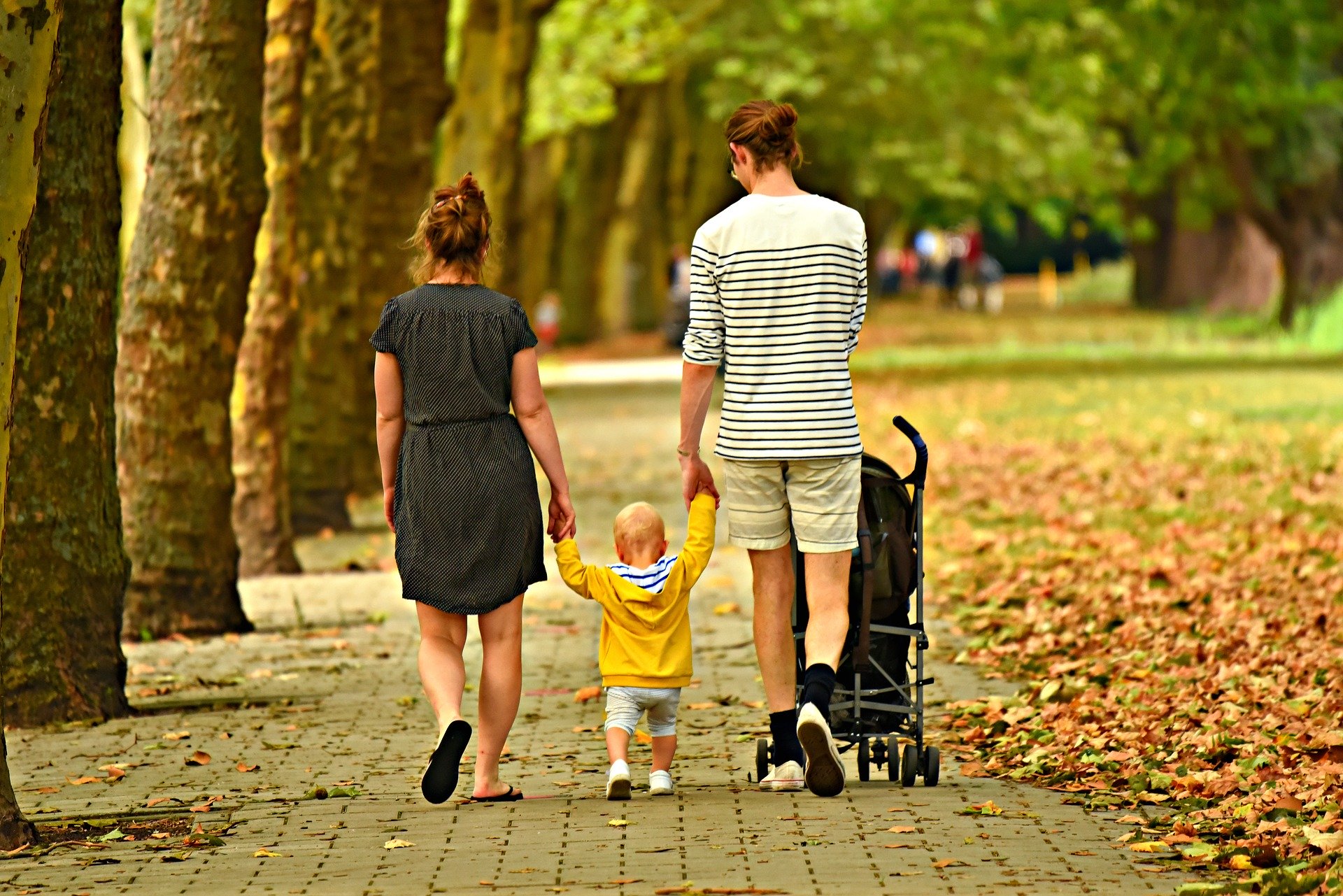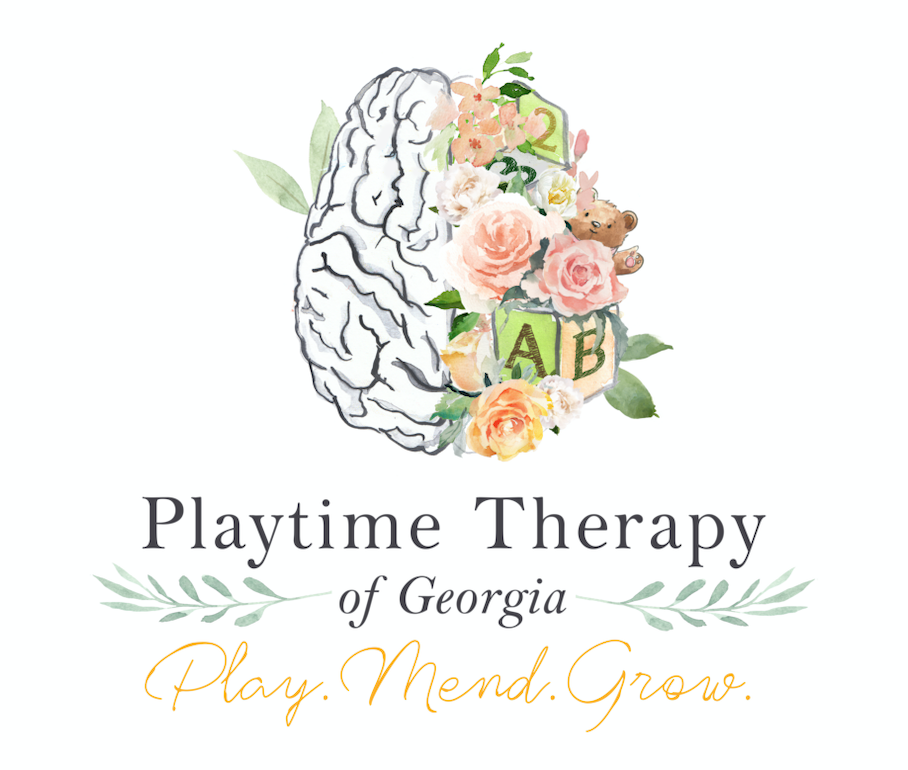
There is no doubt that the past several months have been difficult, to say the least. Your schedule has been flipped upside down. Your child is missing their friends and other social activities. You barely have time to bathe, feed, and engage with your child, much less get yourself together enough to complete an entire work day from home. You are frustrated, confused, unsure, and overwhelmed by the lack of predictability in your home, as well as society at large. You feel touched out. You may feel isolated. Your relationship with your child might be suffering a little bit, as well as your relationship with other family members. As a therapist, I have the unique opportunity of supporting families when they need it most. During this global pandemic, I’ve received countless calls from new and seasoned parents, alike. Here are a few common themes I’m asked about in both my personal and professional circles:
1. Is it actually important for my kid to socialize with other kids?
The answer to this question is age-dependent. If we can instead think of socialization as “being in relationship with,” this will help clarify our child’s needs. Your child being in relationship with others is very important. However, the younger your child is, the more important it is for them to be in relationship with you and less important it is for them to be in relationship with peers. Regardless of your child’s age, the most important person in their life is their caregiver. As infants, the loving, attuned interactions between child and their caregiver are monumental in forming early perceptions of relationships and the world. Into the toddler years, socialization with peers is important for building skills around sharing, caring, patience, reciprocal play, and creativity, but during a pandemic, these skills can be easily practiced at home. If your child is unable to spend time with peers and friends, that’s okay. Set up games and activities for your child to practice important social skills with you. It will still be beneficial! While it might not feel ideal, sharing and caring is important regardless of who it is practiced with. Never underestimate the impact of your role in being in relationship with your child.
2. How much should I worry about my child’s recent meltdowns?
Many children are experiencing higher levels of dysregulation right now. The stressors in their environment are difficult for them to deal with. Truthfully, many adults are having a difficult time staying regulated right now, too. Meltdowns occur when a child is overwhelmed and extremely dysregulated. On a physiological level, their autonomic nervous system becomes activated. On a cognitive level, their brains are overcome with emotion and they have a hard time thinking critically. It is normal for children to have meltdowns. However, if your child is having frequent meltdowns that last longer than a few minutes and it is causing significant stress to you or your family, then it might be a sign that you and your child need additional support.
3. Why is my child acting younger than they are?
Many parents right now are experiencing regressions with their children. Little ones who used to sleep comfortably through the night now wake frequently seeking comfort. Preschoolers who have successfully used the toilet for years are now having accidents. Children who used to eagerly try new foods now refuse many of their staple favorites. These are all examples of regressions in children who are experiencing stress. When a child experiences stress, this can throw them off emotionally and physically. It is common for children with anxiety to try to exercise control over some aspects of their life. During COVID-19, many children feel as though numerous things are out of their control, such as how and when they go to school, when and how they see their friends, when and how they spend time with their extended family, and more. Things that used to be normal, predictable, and consistent are no longer accessible. This leaves a few basic things left in the child’s locus of control, such as eating, sleeping, and going to the bathroom.
If your child is experiencing any of the above, it is very important that you seek to connect with them during these troubling times. Children do not strive to be difficult, frustrating, or annoying. Their goal is to connect with those closest to them and be in relationship with those they love. If your child is doing something to disrupt this relationship, it is because your child is experiencing something disrupting. Your job is to help them identify the stressor and co-regulate with them. Together, you can help your child achieve a regulated state amidst their environmental stressors.
If you want more information about regulation, dysregulation, co-regulation, and regressive behaviors, please feel free to contact me. It is my desire to help you help your little one.

